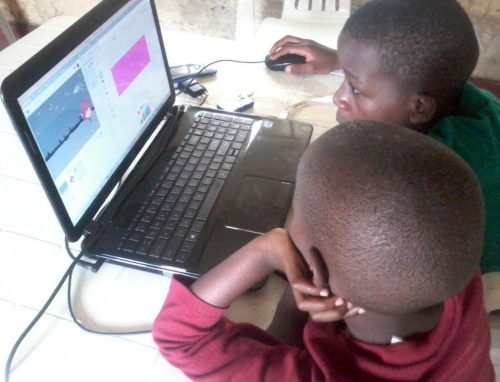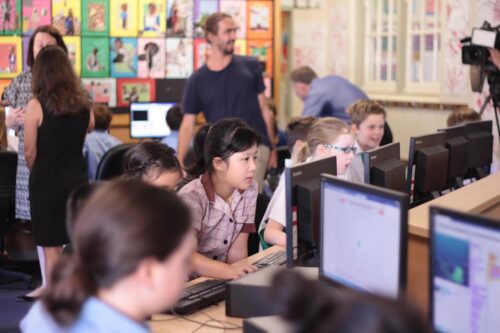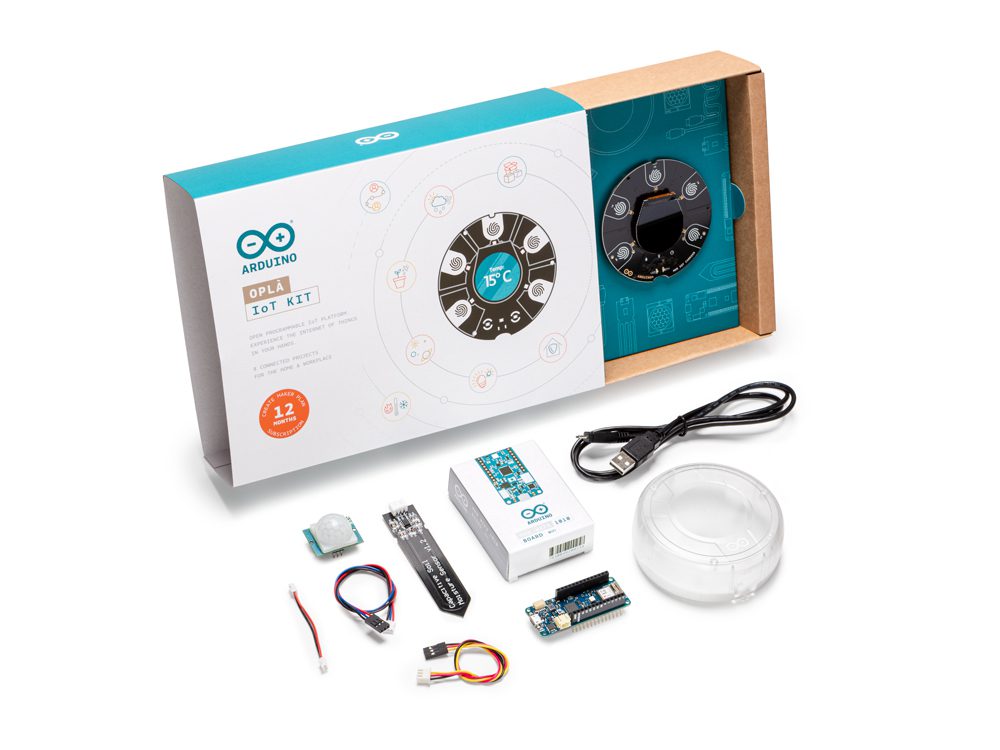Schlagwort: translations
-

Why we translate our free online projects for young people to learn coding
Reading Time: 4 minutesAll young people deserve meaningful opportunities to learn how to create with digital technologies. But according to UNESCO, as much as 40% of people around the world don’t have access to education in a language they speak or understand. At the Raspberry Pi Foundation, we offer more than 200 free online projects…
-

Code Club in Wales with translations, teacher training and a country-wide codealong
Reading Time: 4 minutesSince the inception of Code Club in 2012, teachers in Wales have been part of the Code Club community, running extracurricular Code Club sessions for learners in their schools. As of late 2021, there are 84 active clubs in Wales. With our new Code Club Community Coordinator for Wales, Sarah Eve Roberts,…
-

Oplà IoT Kit Gets Italian, Spanish, German and French Translations
Reading Time: 2 minutesArduino Team — February 24th, 2022 A big part of the Oplà IoT Kit’s value comes from its online content. When you get the kit, one of the first tasks is to visit opla.arduino.cc, where a host of awesome resources are available. And now it’s expanding on its usefulness by adding four…
-

Celebrating our translators!
Reading Time: 4 minutesAs the world gets ready to celebrate International Translation Day on 30 September, we want to say thank you to our amazing community of volunteer translators. This talented bunch work very hard so that people around the world can learn digital making and computing in their native languages. Can you help us…



